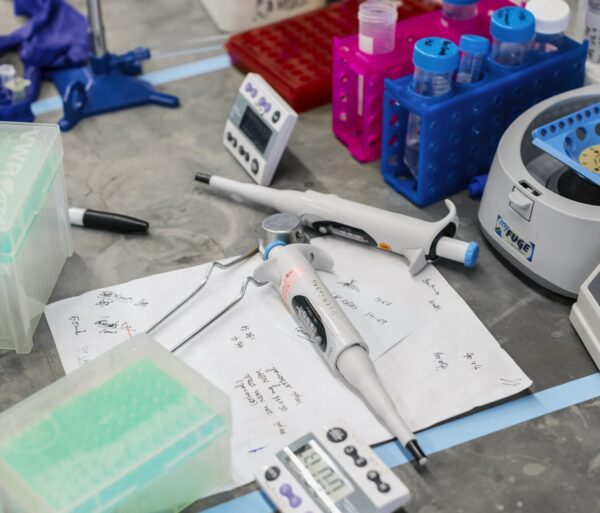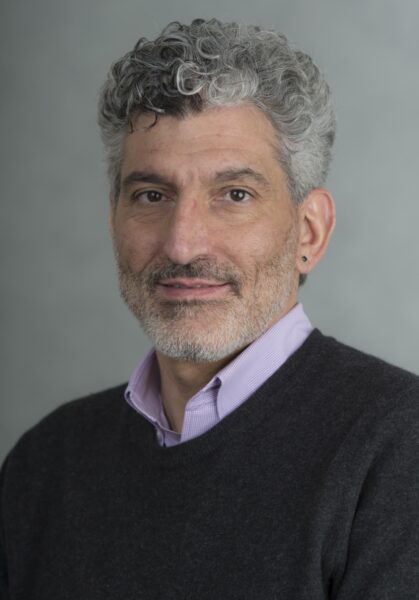Parents of teenagers will find Dr. Tseng’s research results especially noteworthy. They concluded that repeated cannabinoid use before 16-17 years of age may be detrimental to the adolescent brain.
Dr. Kuei Tseng, Department of Cellular and Molecular Pharmacology at Rosalind Franklin University, was awarded a BRF Seed Grant in 2012 to study the effects of cannabinoid receptor stimulation on prefrontal cortex development. Once Dr. Tseng and his lab began to review and analyze the data to determine what the results told them, they realized they uncovered some of the mechanisms that contribute to long-lasting cognitive deficits resulting from early cannabis abuse. More specifically, repeated stimulation of the cannabinoid receptor in the brain of adolescent rodents negatively impacts the maturation of the prefrontal cortex. What does that mean for humans? That chronic smoking of marijuana before the age of 16-17 may be detrimental to an adolescent’s developing brain. There is a two to three fold increased risk of developing schizophrenia and other cognitive impairments in these children. Parents’ concern should not only be for marijuana but for the new generation of synthetic, more potent cannabinoid receptor stimulators—some of which are legal.
In just three short years, Dr. Tseng has multiplied BRF’s $40,000 investment nearly 50-fold by receiving a National Institute of Mental Health $1.9 million grant to continue this research.



